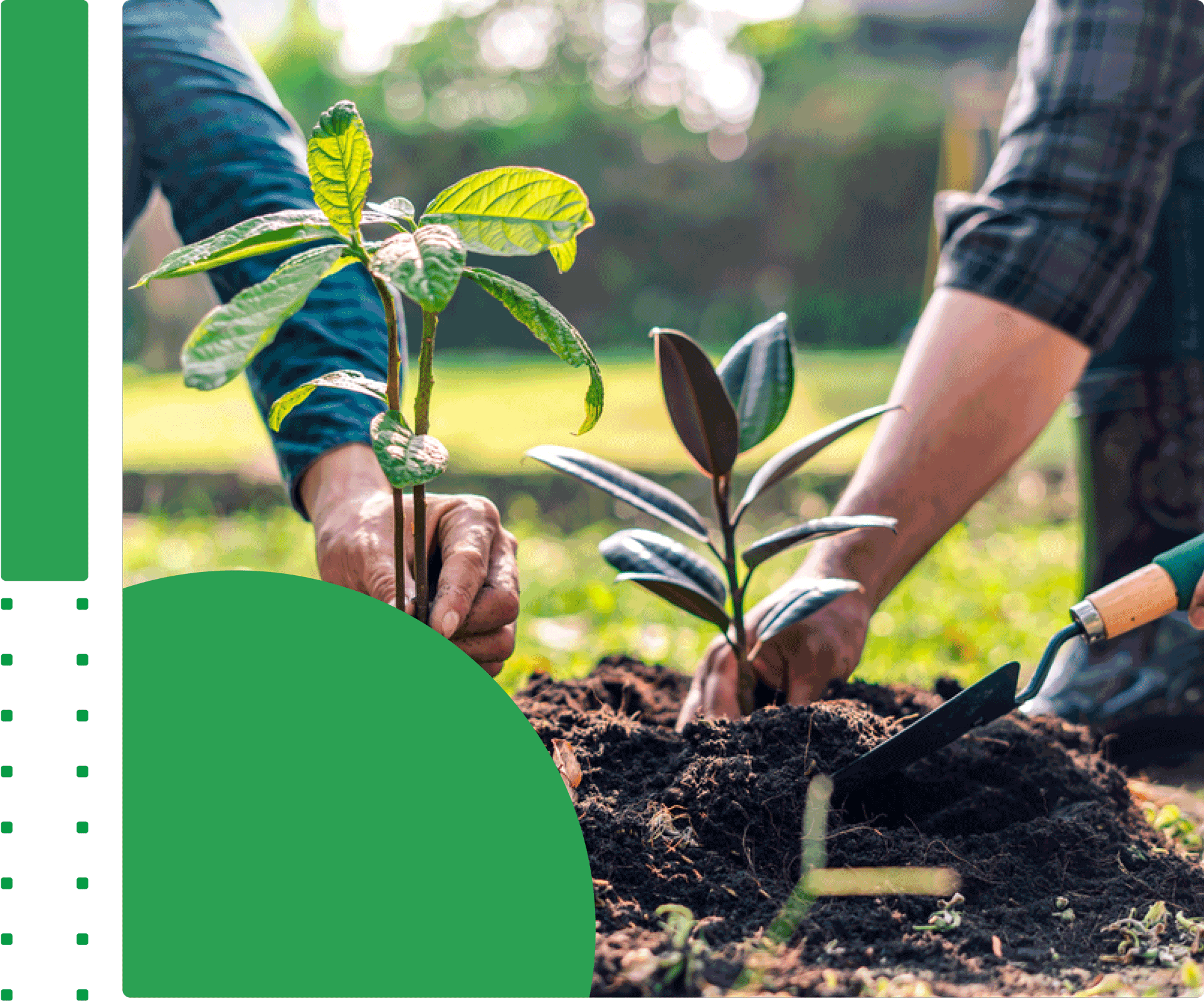Ready to Make a Difference?
If you are developing an afforestation, reforestation, or other AFOLU project, Climefy can certify your carbon offsets to meet global market requirements.

Climefy provides certification and carbon offset issuance for AFOLU (Agriculture, Forestry, and Other Land Use) projects, focusing on afforestation and plantation initiatives. Our certification process ensures that your projects meet Climefy’s rigorous standard, generating verified carbon credits that can be traded globally. By certifying the carbon sequestration potential of your AFOLU projects, we contribute to the fight against climate change through sustainable land-use practices.
Planting trees on lands that were previously not forested, leading to carbon sequestration over time.
Restoring forests on degraded or deforested land to capture carbon and restore biodiversity.
Integrating trees into agricultural systems to improve land productivity and sequester carbon.
Implementing practices that enhance carbon stocks in forests while maintaining ecological balance.
Enhancing the carbon storage capacity of soils through sustainable land management practices.
Restoring wetlands, which act as carbon sinks, to capture carbon dioxide from the atmosphere.
Trees absorb carbon dioxide from the atmosphere, making afforestation and reforestation projects powerful tools for mitigating climate change.
These projects help restore ecosystems, support biodiversity, and protect wildlife habitats
Afforestation and plantation projects can transform degraded land into productive landscapes, contributing to environmental sustainability.
Afforestation and plantation projects can provide economic opportunities by generating revenue from carbon credits, creating local employment in tree planting, maintenance, and monitoring, and improving land productivity for future agricultural or forestry activities. These projects can support community development and enhance livelihoods through sustainable land use practices.